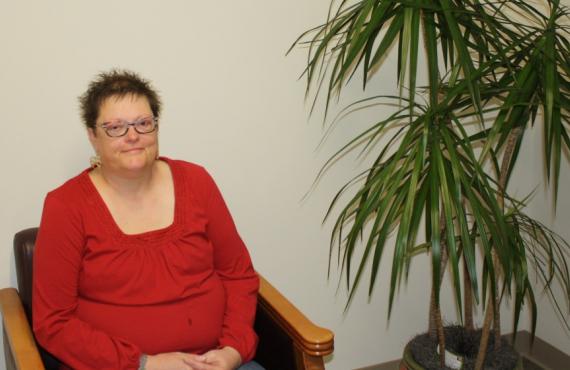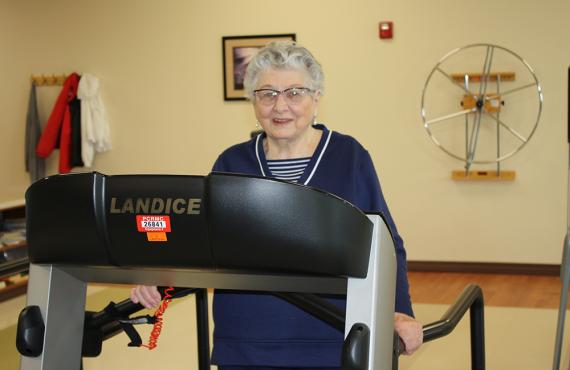Published on October 13, 2022

Read Time: 3 Minutes
By Marsha Rana Wayman, CFRE
Phelps Health Foundation
October is National Estate Planning Awareness Month, which serves as an opportunity for everyone to learn more about estate planning and planned giving.
Several years ago, the Phelps Health Foundation launched an initiative to use National Estate Planning Awareness Month as a segue to start a conversation with the community about legacy giving.
This month is a great annual reminder to create a plan if you don’t already have one, or to review and update your plan each year if you do have one. Our lives change from year to year, and so should our plan.
So, what exactly is estate planning? An estate plan refers to the distribution of your assets according to your individual desires, upon your passing.
An estate plan should consist of a will, trust and advance directives. Since everyone’s life circumstances are different, so is estate planning.
Planned giving, or legacy giving, which is an important part of estate planning, is future charitable giving with the intent to leave your legacy to a cause close to you.
Planned giving is important for many reasons. For one, if you don’t make a decision about what you want your legacy to be, the decision may be made for you. You want to ensure the assets you have when you pass away are designated in a way that would make you happy.
Estate planning is for anyone, and people can start an estate plan as soon as they are of legal age (age 18). If you have assets in any amount, and you find peace of mind in knowing what your legacy will be, planning – and letting those you love and care about know your plan – are the best things you can do.
At the Foundation, we want to ensure that if we are the future recipient of a legacy gift, we are able to recognize and steward that gift while the donor is still alive.
In the past, the Foundation has been the recipient of legacy gifts that staff didn’t know were coming. In one instance, the person leaving the legacy gift had no other living family members. The Foundation regretfully missed out on the opportunity to thank this person while they were still alive and to let them know of the difference they were making.
A common question we get asked about estate planning is, how will my legacy gift be used? We want to make sure your gift intent aligns with our mission and future needs. Most future gifts will benefit our Endowment Fund (used to fulfill the future needs of Phelps Health) or Mission Fund (which offers philanthropic support to Phelps Health programs that serve the mission to provide high-quality, accessible healthcare).
While the Foundation does not develop the actual estate plan or provide financial or estate planning advice, we can refer you to our Planned Giving Advisory Council, volunteers who are legal, accounting, insurance and financial planning professionals in the community.
Once those plans are made with those individuals, we ask that you notify the Foundation of your intent, so we can appropriately recognize your commitment and ensure we steward the intent of your gift properly. We have a simple Statement of Intent form we ask for you to complete and send to us.
To change your actual estate plan, you must do so with your professional adviser. During National Estate Planning Awareness Month, some professionals will provide a complementary review and consultation of your estate plan.
If you want to change your Statement of Intent form, we are happy to help you do so anytime at the Foundation.
Learn More
Marsha Rana Wayman, CFRE, is the director of philanthropy with the Phelps Health Foundation. To learn more about estate planning and planned giving, or if you need a referral to the Planned Giving Advisory Council, call Marsha at (573) 458-7946, email mwayman@phelpshealth.org or schedule an in-person meeting at the Foundation Office, 907 West 12th Street, Rolla.

